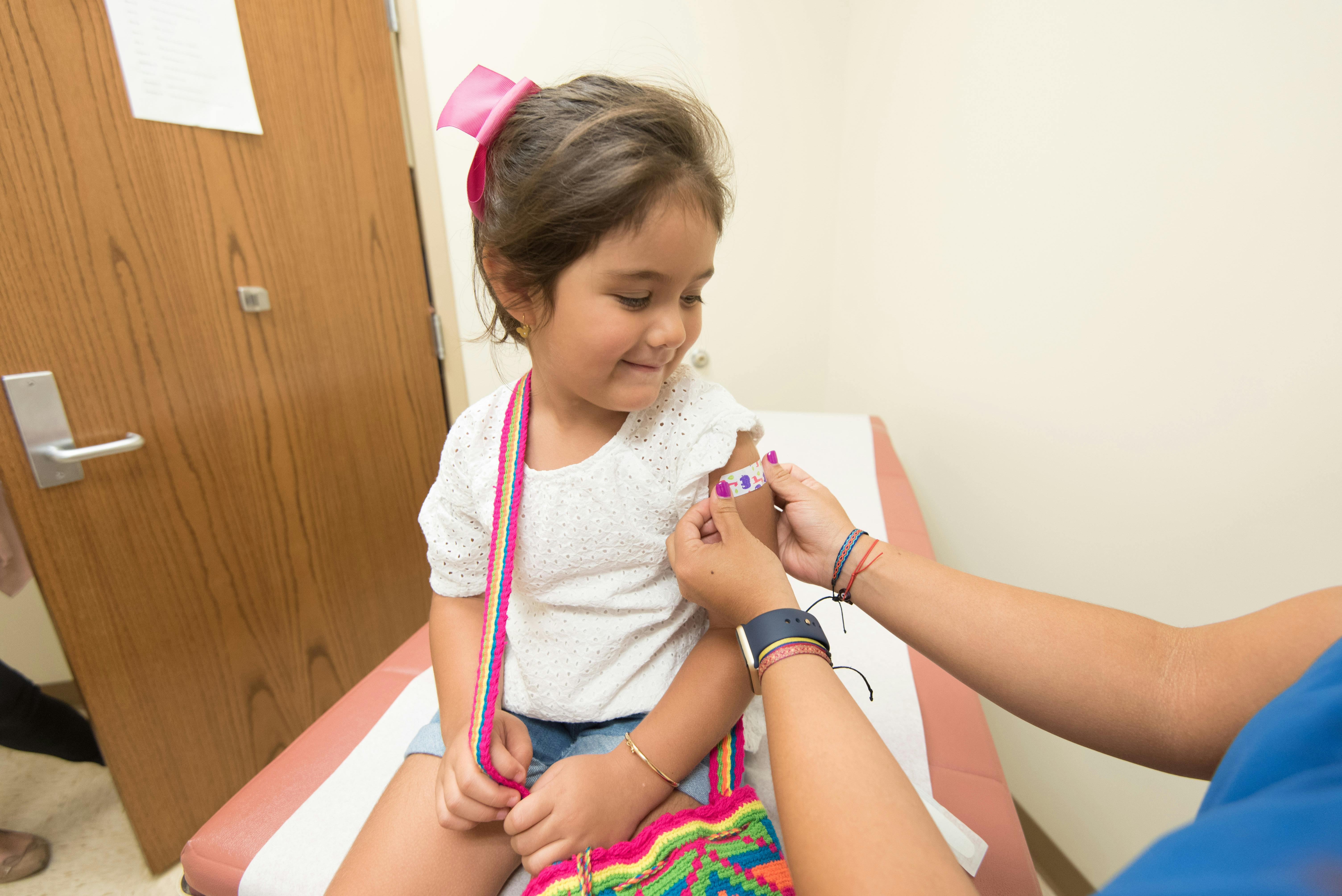If you've been struggling with PCOS and wondering whether increasing your letrozole dose could be the breakthrough you need, you're not alone. Many women find success with adjusted letrozole protocols after initial attempts don't work as expected. Understanding how dose modifications work and what to expect can help you make informed decisions about your fertility journey.
Understanding PCOS and Letrozole Treatment
Polycystic Ovary Syndrome (PCOS) affects approximately 10% of women of reproductive age, making it one of the most common causes of infertility. When you have PCOS, your body often struggles with irregular ovulation or doesn't ovulate at all, which makes conception challenging.
Letrozole, an aromatase inhibitor, has become the first-line treatment for ovulation induction in women with PCOS. Unlike clomiphene citrate, letrozole doesn't have anti-estrogenic effects on the endometrium, making it particularly effective for women with this condition.
| Treatment Aspect | Letrozole | Clomiphene |
|---|---|---|
| Ovulation Rate | 70-85% | 60-75% |
| Live Birth Rate | 27.5% | 19.1% |
| Endometrial Effects | Minimal | Thinning possible |
| Multiple Pregnancy Risk | 3-5% | 8-10% |
According to Legro et al. (2014), letrozole resulted in significantly higher ovulation and live birth rates compared to clomiphene in women with PCOS, establishing it as the preferred first-line treatment.
When Standard Letrozole Doses Don't Work
The standard starting dose of letrozole is typically 2.5 mg daily for five days, usually taken from cycle days 3-7. However, not everyone responds to this initial dose. If you don't ovulate with the starting dose, your fertility specialist may recommend increasing it.
You might be a candidate for dose escalation if you experience any of these situations:
| Scenario | Next Steps | Success Rate |
|---|---|---|
| No ovulation at 2.5mg | Increase to 5mg | 15-20% additional response |
| No ovulation at 5mg | Increase to 7.5mg | 10-15% additional response |
| Ovulation but no pregnancy after 3-6 cycles | Consider IUI or IVF options | Varies by treatment |
| Poor follicle development | Combine with trigger shot | Improved timing |
The Science Behind Letrozole Dose Increases
When you take letrozole, it blocks the enzyme aromatase, which converts androgens to estrogens. This temporary reduction in estrogen levels signals your pituitary gland to release more FSH (follicle-stimulating hormone), which stimulates your ovaries to develop and release eggs.
Some women with PCOS have higher baseline androgen levels or more resistant ovaries, requiring higher doses to achieve the same ovulatory response. Research shows that dose escalation can be effective for women who don't respond to standard protocols.
| Dose Level | Cumulative Ovulation Rate | Pregnancy Rate per Cycle | Side Effects |
|---|---|---|---|
| 2.5mg | 62% | 15-20% | Minimal |
| 5mg | 78% | 18-23% | Mild hot flashes |
| 7.5mg | 84% | 20-25% | Moderate symptoms |
| 10mg (maximum) | 88% | 22-27% | More pronounced |
Real Success Stories: When Higher Doses Work
Many women find success with increased letrozole doses after initial disappointment. The key is working with a fertility specialist who understands PCOS treatment protocols and can monitor your response carefully.
Success with higher doses often depends on several factors including your BMI, insulin resistance levels, and overall health status. Women with better metabolic profiles tend to respond more favorably to dose increases.
Monitoring and Safety Considerations
When your dose is increased, careful monitoring becomes even more important. Your fertility team will track your response through:
| Monitoring Method | Frequency | Purpose |
|---|---|---|
| Transvaginal ultrasound | Cycle day 10-12 | Follicle development tracking |
| Estradiol levels | Mid-cycle | Hormone response assessment |
| LH surge monitoring | Daily (home kits) | Ovulation timing |
| Progesterone levels | 7 days post-ovulation | Ovulation confirmation |
Higher doses may increase the risk of multiple follicle development, which is why regular monitoring is essential. Your specialist will adjust protocols based on your individual response.
Combining Letrozole with Other Treatments
Sometimes, increasing the letrozole dose alone isn't enough. Your fertility specialist might recommend combining treatments for better results:
| Combination Approach | Benefits | Considerations |
|---|---|---|
| Letrozole + Metformin | Improved insulin sensitivity | Better for insulin-resistant PCOS |
| Letrozole + Trigger shot | Precise ovulation timing | Requires monitoring |
| Letrozole + IUI | Increased conception chances | Higher success rates |
| Letrozole + Lifestyle changes | Overall health improvement | Long-term benefits |
When to Consider Moving to IVF
While letrozole dose increases can be effective, there comes a point where other treatments might be more appropriate. You might consider IVF treatment if:
You've completed 4-6 cycles of letrozole at maximum doses without success, or if you have additional fertility factors beyond PCOS. Research by Franik et al. (2018) suggests that after 6 unsuccessful ovulation induction cycles, the likelihood of natural conception decreases significantly, making assisted reproductive technologies more cost-effective.
Lifestyle Factors That Support Treatment Success
Regardless of your letrozole dose, certain lifestyle modifications can significantly improve your treatment outcomes. Weight management is particularly important for women with PCOS, as even a 5-10% weight reduction can improve ovulation rates.
| Lifestyle Factor | Impact on Treatment | Recommended Action |
|---|---|---|
| Diet | Insulin sensitivity improvement | Low glycemic index foods |
| Exercise | Hormone balance | Moderate, regular activity |
| Stress management | Cortisol reduction | Stress reduction techniques |
| Sleep quality | Hormone regulation | 7-9 hours nightly |
Managing Side Effects of Higher Doses
As letrozole doses increase, you might experience more pronounced side effects. Understanding what to expect can help you prepare and manage these effectively:
| Side Effect | Frequency | Management Strategy |
|---|---|---|
| Hot flashes | 30-40% | Dress in layers, stay hydrated |
| Headaches | 15-25% | Regular sleep, stress management |
| Mood changes | 10-20% | Support system, counseling if needed |
| Fatigue | 20-30% | Adequate rest, gentle exercise |
Most side effects are temporary and resolve after completing the medication cycle. However, always communicate with your healthcare team about any concerns.
The Importance of Personalized Treatment
Every woman's response to letrozole is unique, especially when dealing with PCOS. What works for one person may not work for another, which is why choosing the right fertility clinic is crucial.
At Avida Fertility, we understand that PCOS treatment requires a personalized approach. Our specialists carefully evaluate your individual situation, including your hormone levels, previous treatment responses, and overall health status, to develop the most effective treatment plan for you.
Frequently Asked Questions
How long should I try increased letrozole doses before considering other options?
Most fertility specialists recommend trying 3-4 cycles at each dose level before increasing further. If you haven't achieved pregnancy after 6 cycles total, it may be time to consider IUI or IVF options.
Can I take letrozole for more than 6 cycles?
While letrozole can be used for extended periods, most guidelines suggest reassessing treatment strategy after 6 unsuccessful cycles. Your fertility specialist will evaluate whether continuing with letrozole or moving to other treatments is most appropriate.
Will higher doses increase my chances of twins?
Higher letrozole doses may slightly increase the chance of multiple follicle development, but the risk remains relatively low (3-5%) compared to other fertility medications. Regular monitoring helps manage this risk.
What if I ovulate but don't get pregnant?
Ovulation is just one piece of the fertility puzzle. If you're ovulating regularly but not conceiving, your specialist may recommend additional testing or combining letrozole with IUI treatments to improve your chances.
Next Steps in Your Fertility Journey
If you've been struggling with PCOS and haven't found success with standard letrozole doses, don't lose hope. Dose adjustments, combined treatments, and personalized protocols can make a significant difference in your fertility outcomes.
The key is working with a fertility team that understands the complexities of PCOS and has experience with various treatment modifications. At Avida Fertility, we've helped countless women with PCOS achieve their dreams of parenthood through carefully tailored treatment approaches.
Remember, your fertility journey is unique, and what matters most is finding the right combination of treatments that work for your specific situation. With patience, proper medical guidance, and the right treatment adjustments, many women with PCOS do achieve successful pregnancies.
Considering fertility treatment for PCOS? Avida Fertility is here to support and guide you on your fertility journey. Our experienced team specializes in personalized PCOS treatment protocols, including optimized letrozole dosing strategies. Reach out today for a personalized consultation and take the first step towards building your family with confidence.






.png)







.svg)
.svg)
